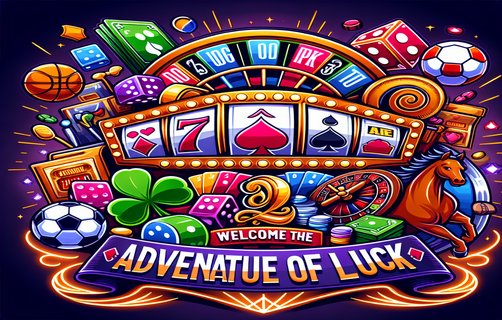The Multifaceted Dynamics of Golden Satta Matka: An Economic Analysis of Gaming Innovations
The world of online gaming, specifically with platforms like **Golden Satta Matka**, encapsulates several evolving trends that reflect not only the tastes of players but also the underlying principles of economic theory. With themes that often orbit around space narratives, the integration of network jackpots, and customized gameplay experiences, the landscape of gaming is in a constant state of flux. Here, we analyze the key components and their implications on player engagement and revenue structures, utilizing an economic analytical framework.
One intriguing aspect of Golden Satta Matka is its **space themes**, which have become increasingly popular among players. Themes derived from outer space evoke a sense of adventure and exploration, tapping into the players' imaginations. This desire for escapism can be linked to economic theories of consumer behavior. According to Maslow's hierarchy of needs, after basic requirements are fulfilled, individuals seek experiences that satisfy their higher-order needs such as belonging and esteem. A **space-themed game** offers the allure of adventure while simultaneously establishing a community among fellow players, thus catering to both psychological needs and social interactions.

Moreover, the structure of **network jackpots** represents a significant evolution in gaming economics. These jackpots pool contributions from multiple players, creating expansive prize pots that can reach staggering amounts. This communal contribution mirrors the principles of collective goods within economic theory, where the shared investment raises the overall utility for all participants involved. From an economic standpoint, the allure of the **network jackpot** acts as an incentive structure that not only drives individual investments but also encourages social interaction within gaming platforms, creating a sense of community and shared destiny among players.
One of the most attractive features for new players is the opportunity for **free play**. This mechanism serves as a powerful marketing tool, drawing in users who may be hesitant to invest significant amounts without prior experience. The principle of **freemium models** in economic theory suggests that a consumer's initial engagement without upfront costs can lead to greater conversion rates in terms of paid play. The experience gained through **free play** allows users to develop strategies, enhancing their engagement and satisfaction, which can lead to long-term customer loyalty — a critical factor for sustaining revenue in a competitive market.
Additionally, **bubble play in poker** introduces a strategic layer that players can exploit, further personalizing their gameplay experience. The concept of 'bubbles' can be analyzed through the lens of behavioral economics, where individual player decisions are influenced by perceived value and risk. How players choose to navigate these bubbles reflects not just personal strategy but engages with larger market dynamics, such as competition and supply-demand fluctuations in games. As players adjust their strategies based on observed behaviors and outcomes, the game's ecosystem becomes increasingly complex and interdependent.

The phenomenon of **fast payout casinos** has reshaped player expectations within the gaming domain. The immediacy of returns aligns with current economic trends favoring convenience and speed. By lowering transaction costs and waiting times, these establishments increase player satisfaction and loyalty. According to economic theories related to **time preference**, players place a higher value on immediate rewards, which significantly influences their choices. As such, casinos offering swift payouts can leverage this preference to secure a competitive advantage in a rapidly evolving market.
In exploring the dynamics of Golden Satta Matka, it becomes evident that analyzing multiple angles — from themes and jackpots to personalization and payout speeds — reveals profound insights into consumer behavior and market operations. As gaming continues to evolve, understanding these elements through the lens of economic theory not only enhances our appreciation for the games themselves but also illustrates how intricately they are woven into the fabric of modern economic landscapes.
